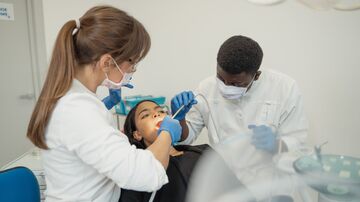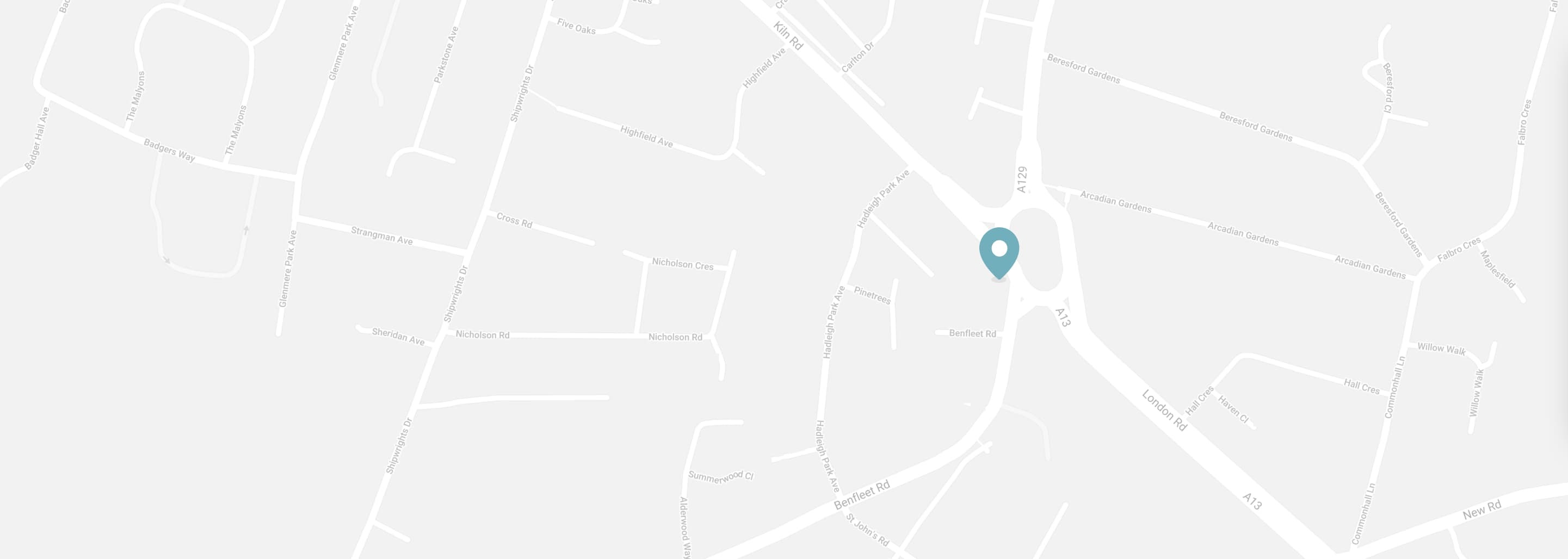What the dentist checks at your routine appointment?

It is really important that you attend your routine dental appointments. The dentist will decide how often you should attend based on your oral health but it is normally advised that you attend the surgery every 6 months. This will ensure that any problems are identified early and can be treated effectively without the need for extensive restorations.
Prior to your appointment the receptionist may ask you to update your medical history form. Your medical history is used by the dentist to ensure that any treatment they offer is safe based on any medication that you are taking or any medical conditions you suffer from. For example, if you take blood thinning medication such as warfarin the dentist may need your doctor to complete blood tests prior to extracting a tooth. There are also some medications which mean that you will need to referred to hospital for your dental treatment to ensure that you get the best possible care.
You will be collected from the waiting room and shown into the surgery. Once you are comfortably seated in the dental chair the dentist will inspect your teeth, gums and soft tissues. All details of your assessment are recorded and will become part of your patient record which provide the basis for your ongoing treatment and ensure that the dentist can track your dental health between visits over time.
X-rays
X-rays are used to help detect early signs of tooth decay. X-rays are able to detect decay under fillings or between teeth in areas that are not visible to the naked eye. They will also show abscesses and infections in the roots of teeth. In children x-rays can also help to show where their adult teeth will erupt or in adults where the wisdom teeth are. If you are a new patient, unless you have had x-rays very recently, the dentist will recommend that x-rays are taken. This helps to assess the condition of your mouth and check for any hidden problems. After this x-rays are recommended every 9 to 24 months depending on various dental risk factors, including history of decay, age and condition of your mouth.
Gum Disease
Gum disease is now the leading cause of tooth loss in adults in the UK. It is described as swelling, soreness or infection in the tissues which support the teeth. The dentist will use probes to measure the amount of gum present around the teeth and may take x-rays to determine if there has been any bone loss in your jaw. A good oral hygiene and regular appointments to the dentist and hygienist are the best possible ways to help avoid gum disease.
Mouth Cancer
Every time you come into the dentist for a routine check-up they will also complete a full mouth cancer check. They will fully examine your mouth and tongue for anything out of the ordinary. If your dentist does find anything unusual or abnormal they will refer you to a consultant at the local hospital.
Oral Hygiene
The dentist will discuss your oral hygiene routine and recommend oral care products which will best ensure that you remove all the plaque from your teeth. This will normally be a combination of using a fluoride toothpaste twice a day and interdental cleaning aids, floss or interdental brushes to clean the areas between your teeth at least once a day. They will also talk about your diet and how sugar and acid present in fruit juice and fizzy drinks can affect your dental health. A diet that is rich in fruits, vegetables and minerals can help to prevent gum disease and protect against mouth cancer.
Following your appointment, we will, if necessary, provide you with a full and detailed written treatment plan, detailing the various costs of options available to you. We will also discuss the payment options at the practice, private fee per item or our membership plans.
Call today on 01702 557766 to book your routine appointment at Benfleet Dental Centre.
Contact us to make an appointment

Related news from the practice

5 Foods That Stain Your Teeth
14/11/2023

Tips on How to Cure Bad Breath
06/11/2023

Mouth Cancer Action Month
04/11/2023

For every toothbrush there is a season
06/10/2023

Visit the practice
Benfleet Dental Centre
8 Benfleet Road, Benfleet. SS7 1QB
Opening times
| Monday | 08:00 - 17:00 |
| Tuesday | 08:00 - 18:30 |
| Wednesday | 08:00 - 17:00 |
| Thursday | 08:00 - 17:00 |
| Friday | 08:00 - 17:00 |
| Saturday | 09:00 - 14:00* |
| *By appointment only |

